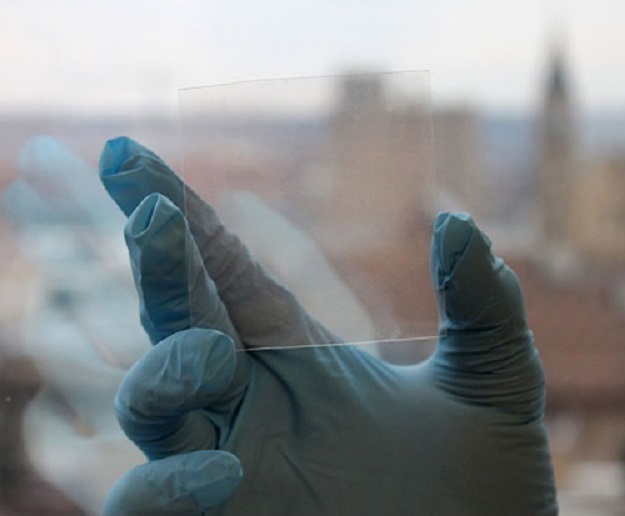
Scientists have developed electrodes that can prevent phone screens from breaking. These electrodes are stacked on a polymer surface, enabling durable phone screens to be constructed. With the technology, the screen becomes rigid and flexible, as tested by scientists with bending and scotch tape peeling tests. It’s really awesome to think that this way of screen development will change how average touchscreens are made.
The coatings currently employed are made from a substance called indium tin oxide (ITO), a more fragile material that will shatter. Interestingly enough, this brittle material is more expensive to produce than this new screen technology.
Yu Zhu, project leader and assistant professor of polymer science at the University of Akron, stated that “these two pronounced factors drive the need to substitute ITO with a cost-effective and flexible conductive transparent film.” This highly innovative film will offer the exact transparency as ITO while providing enhanced conductivity. While retentive of its form and proper functionality, the electrode technology withstood 1,000 bends during the tests that were conducted. This electrode will be mass-produced in the most economical fashion to provide a reliable, unbreakable screen for your touchscreen devices. Zhu added, “We expect this film to emerge on the market as a true ITO competitor… and the annoying problem of cracked smartphone screens may be solved once and for all with this flexible touchscreen.”
All research for this project was documented in the American Chemical Society’s journal, ACS Nano, published in a piece titled “A Touch and High-Performance Transparent Electrode from a Scalable and Transfer-Free Method.” Contributors to this publication included UA grad students Tianda He and Aozhen Xia, and Darrell Reneker, who worked alongside Zhu. With this technology we may never have to suffer through a screen-shattering mishap ever again.
Story via The University of Akron
Advertisement
Learn more about Electronic Products Digital





